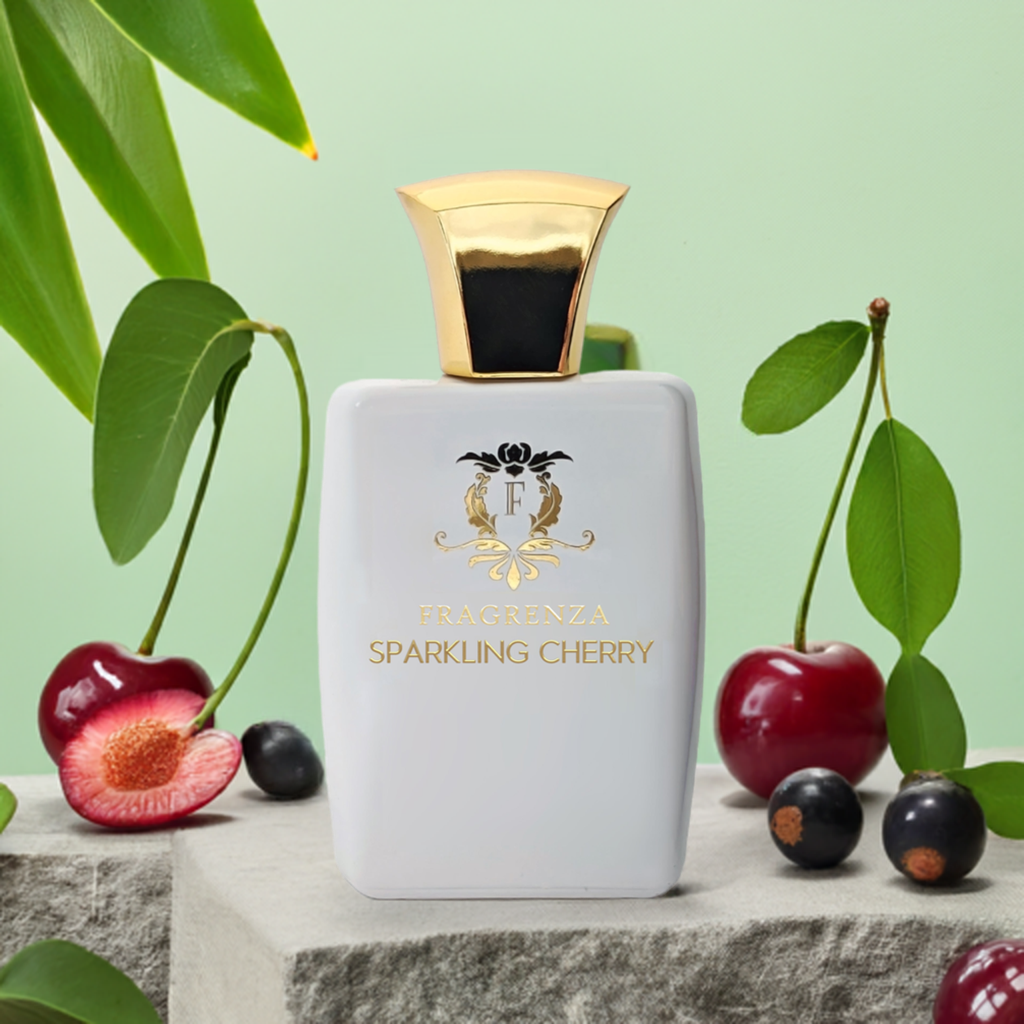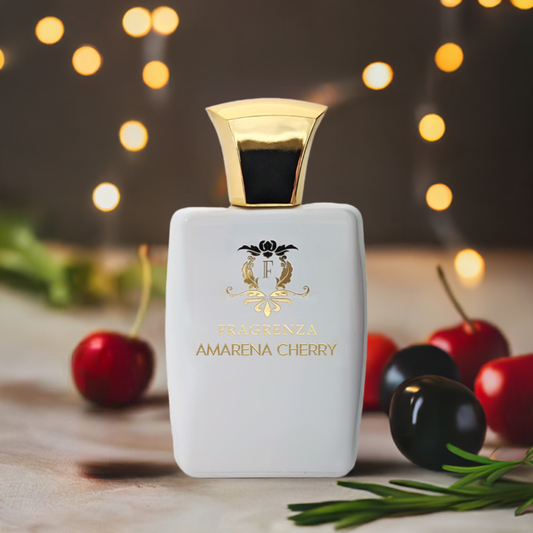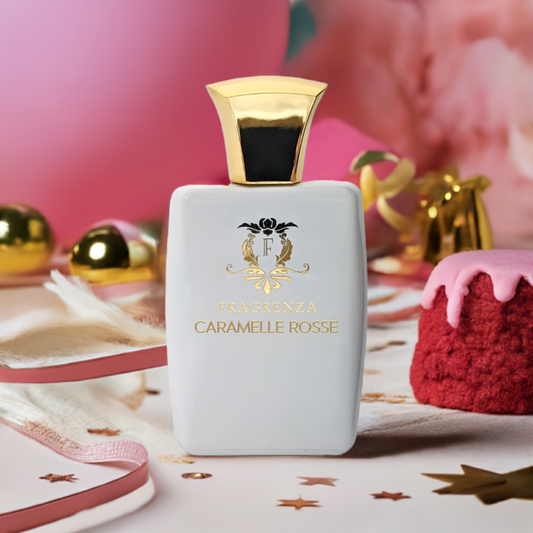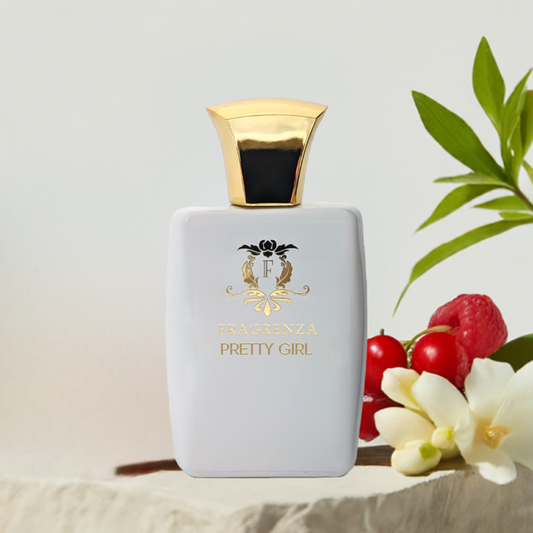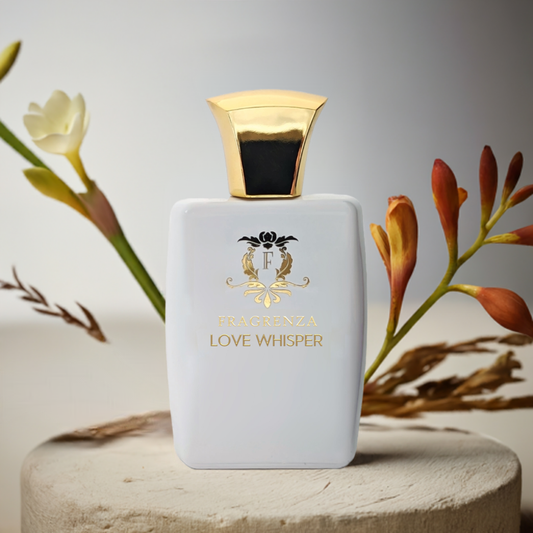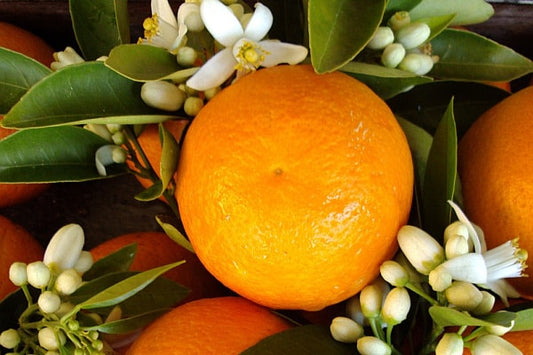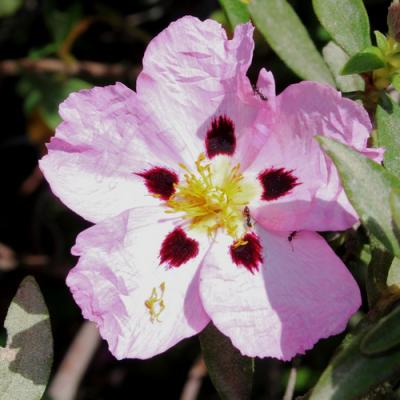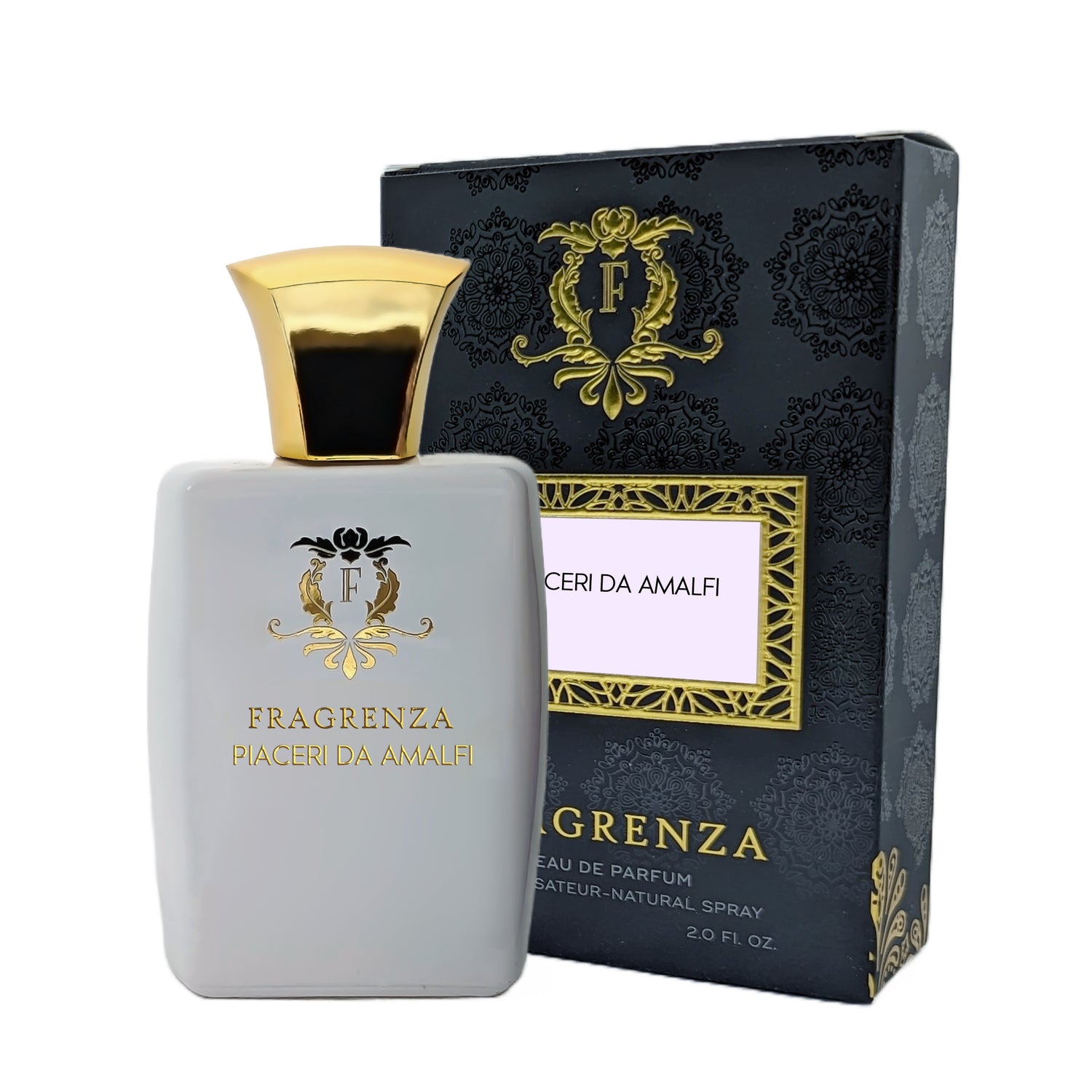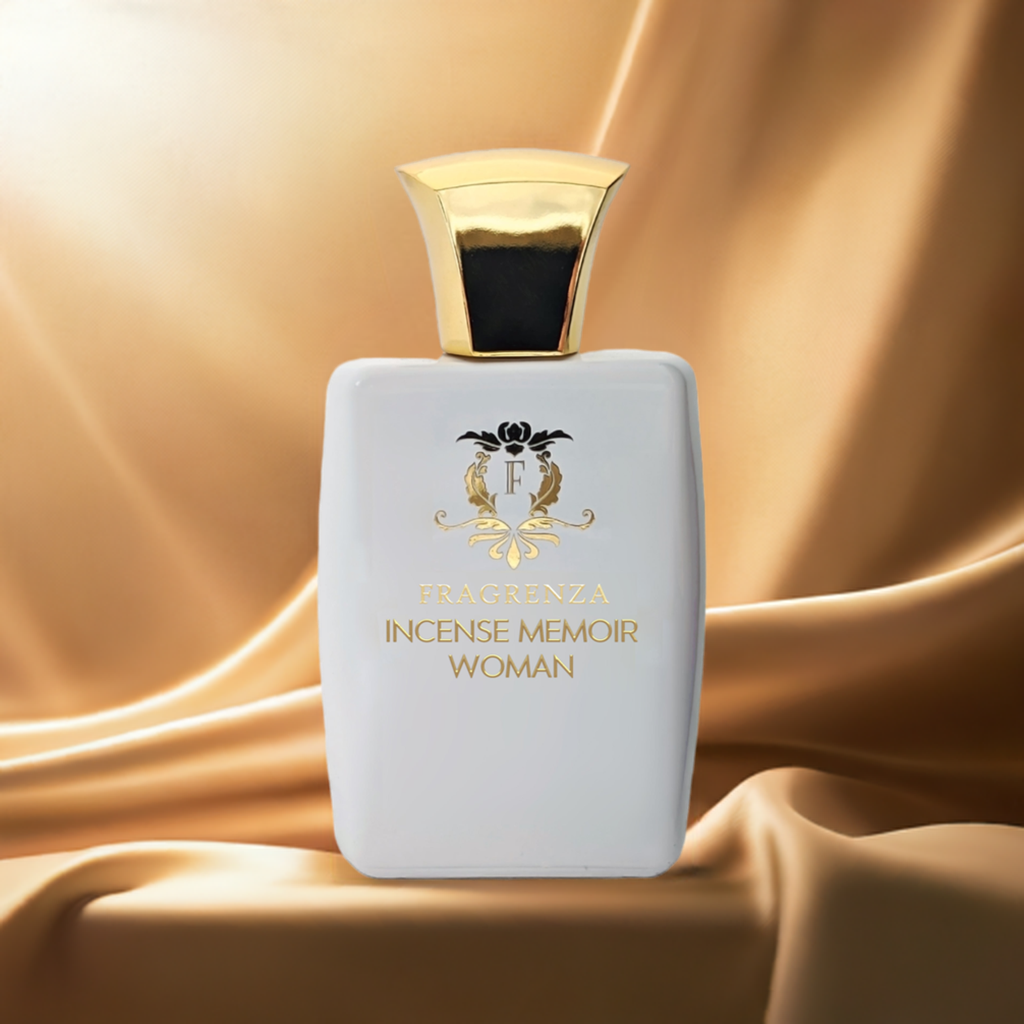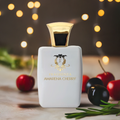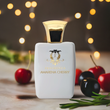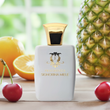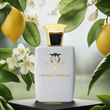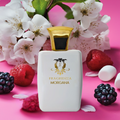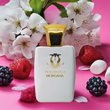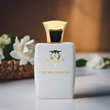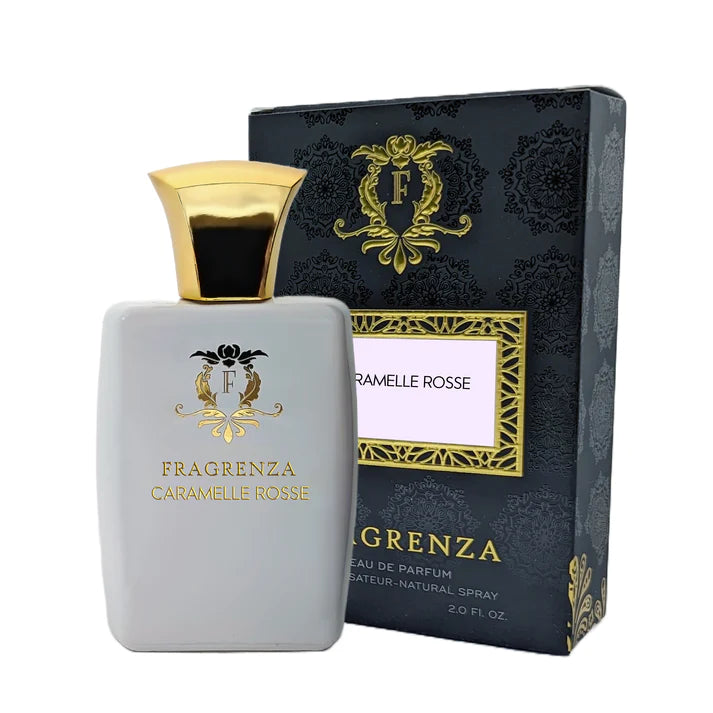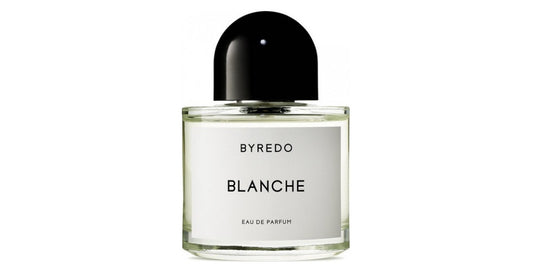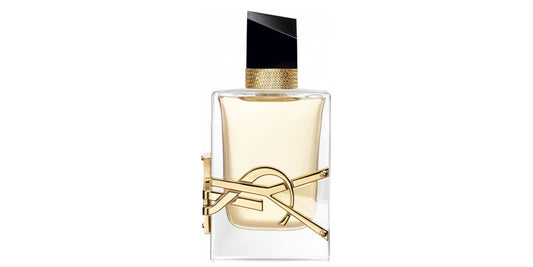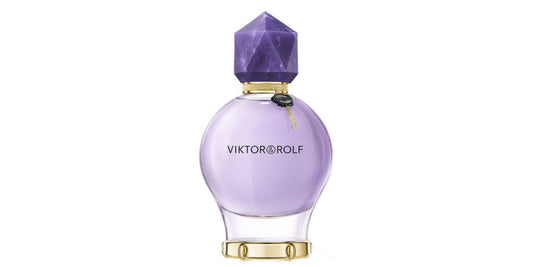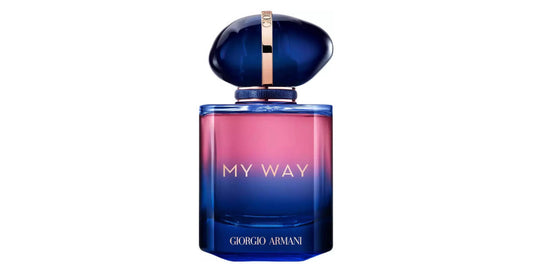The Ancient Egyptians and Their Love for Scents
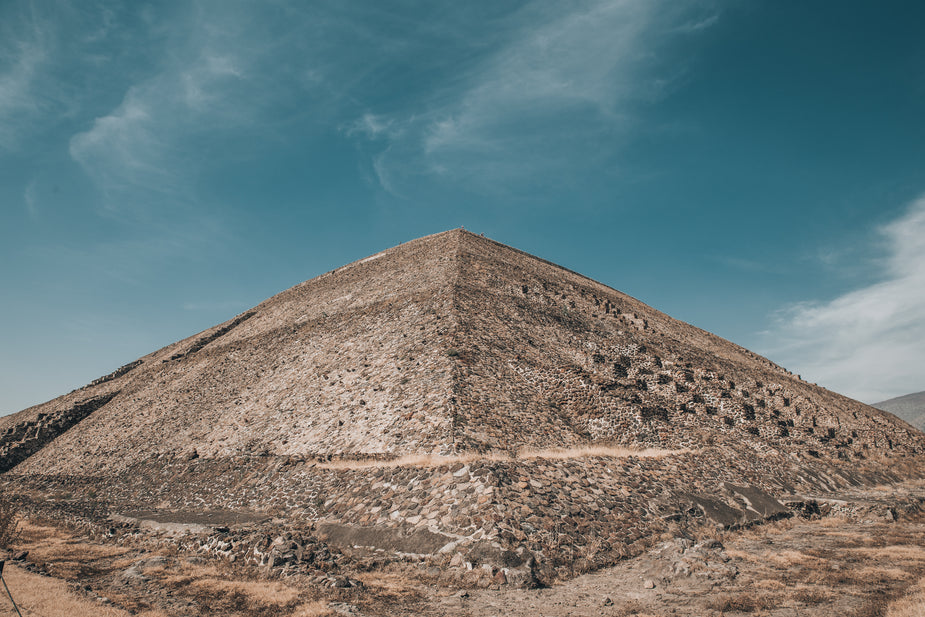
In This Article
The ancient Egyptians, with their profound reverence for the ethereal and the tangible, held scents in high esteem. Their intricate relationship with fragrances goes beyond mere aesthetics and delves deep into religious, medicinal, and daily life aspects.
Scents and the Divine
For the ancient Egyptians, fragrances were more than just pleasant odors;they were a bridge to the divine. Scents played a pivotal role in religious ceremonies. Incense, like frankincense and myrrh, were burned in temples, their aromatic plumes ascending as offerings to the gods. In fact, the hieroglyph for 'incense' was synonymous with the term 'to worship'.
Perfumes and the Afterlife
The Egyptian obsession with the afterlife is well-documented, and scents were an integral part of their burial practices. Bodies of the deceased, especially royalty, were anointed with luxurious oils and perfumes, believed to aid in the journey to the afterlife. The discovery of Tutankhamun's tomb in 1922 revealed flasks of scented oils, solidifying the significance of fragrances in burial rites.
Cosmetic and Medicinal Uses
But the use of scents was not limited to religious or burial contexts. Egyptian society, renowned for its cosmetic advancements, utilized fragranced oils and balms for beauty and skincare. The famous Cleopatra is said to have had her own signature scent, a blend of exotic ingredients.
Beyond cosmetics, the ancient Egyptians recognized the therapeutic properties of certain scents. Physicians and healers often incorporated aromatic herbs and oils in their treatments. Papyri from the era, like the Edwin Smith Papyrus, mention the use of fragrances for healing purposes.
Conclusion
The ancient Egyptians' association with scents reflects their holistic understanding of life, where the sensory, spiritual, and practical seamlessly intertwined. As pioneers in the realm of fragrances, their practices laid the foundation for the rich tapestry of perfumery that has since evolved.
To experience scents inspired by ancient traditions, explore the Egyptian Collection at Fragrenza. To explore more about the evolution of perfumes and their significance in various civilizations, visit our History of Perfumes section.
